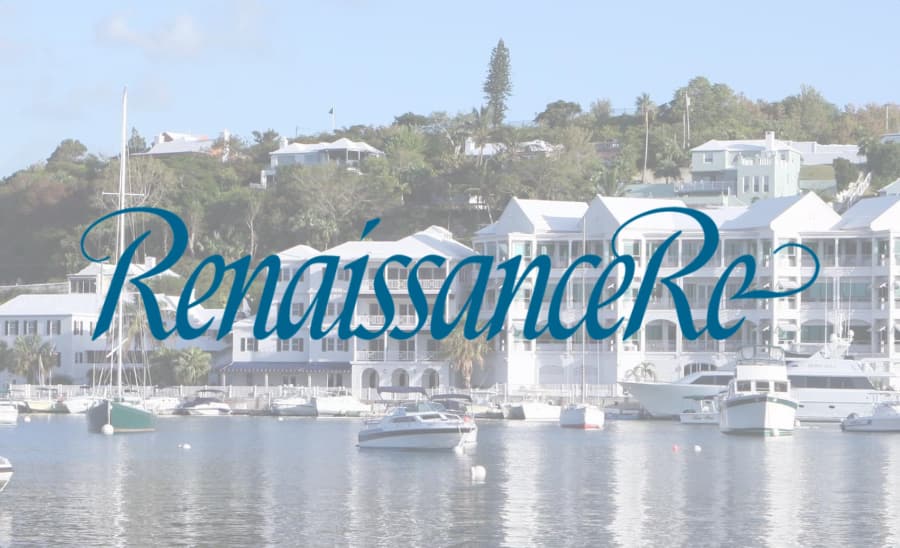RenRe raised $350.5m of third-party capital for cat bond strategies in Q2

RenaissanceRe (RenRe), the Bermuda headquartered global reinsurance firm and third-party capital management specialist, has reported raising $350.5 million of new capital from investors largely for catastrophe bond strategies during the second-quarter of 2023.
The company said it has raised $170.5 million from investors for its Medici fund strategy, which is a largely catastrophe bond focused strategy.
The reinsurer also raised a further $150 million of capital for a newly formed segregated account, which has a focus on investing in insurance-linked securities (ILS), that RenaissanceRe said also primarily consists of catastrophe bonds.
This fresh capital raising at RenRe follows an impressive first-quarter where the company said it had raised $621.2 million of third-party capital for its DaVinci Re reinsurance focused and equity-like sidecar, as well as its Medici cat bond strategy.
As we had also reported back in May, RenRe saw its third-party capital assets under management (AUM) dedicated to property and casualty reinsurance business increase by $400 million in the first-quarter, with the total reaching a new high of $6.6 billion in assets managed, at March 31st.
Given the incremental capital raised in the second-quarter of 2023, it seems likely RenRe’s total third-party investor AUM managed that is dedicated to P&C reinsurance will have risen further by the mid-year.
However, the company has also seen some redemptions of third-party capital as well which may mean the total doesn’t rise by quite as much as might be expected, largely driven by further trapped capital being unlocked to return to investors in the Upsilon reinsurance and retrocession fund vehicle.
RenRe said that investors redeemed $313 million of capital during the second quarter of 2023, $285.6 million of which was from the Upsilon Diversified Fund.
RenRe said these capital returns are the result of the release of collateral associated with prior years’ contracts, so effectively the freeing of trapped capital that can now be returned to investors in the Upsilon structure.
That’s a positive for getting capital back to the investors behind the strategy, as RenRe continues to work to resolve prior year catastrophe loss exposed contracts that had been written or participated in for the Upsilon fund and its investors.






